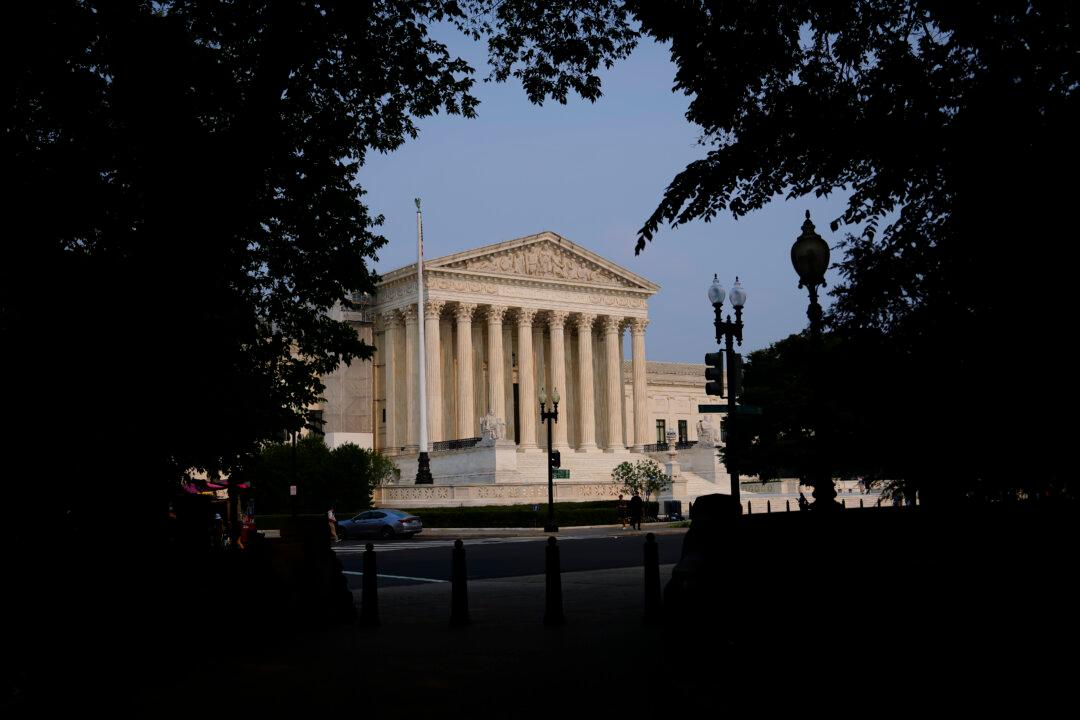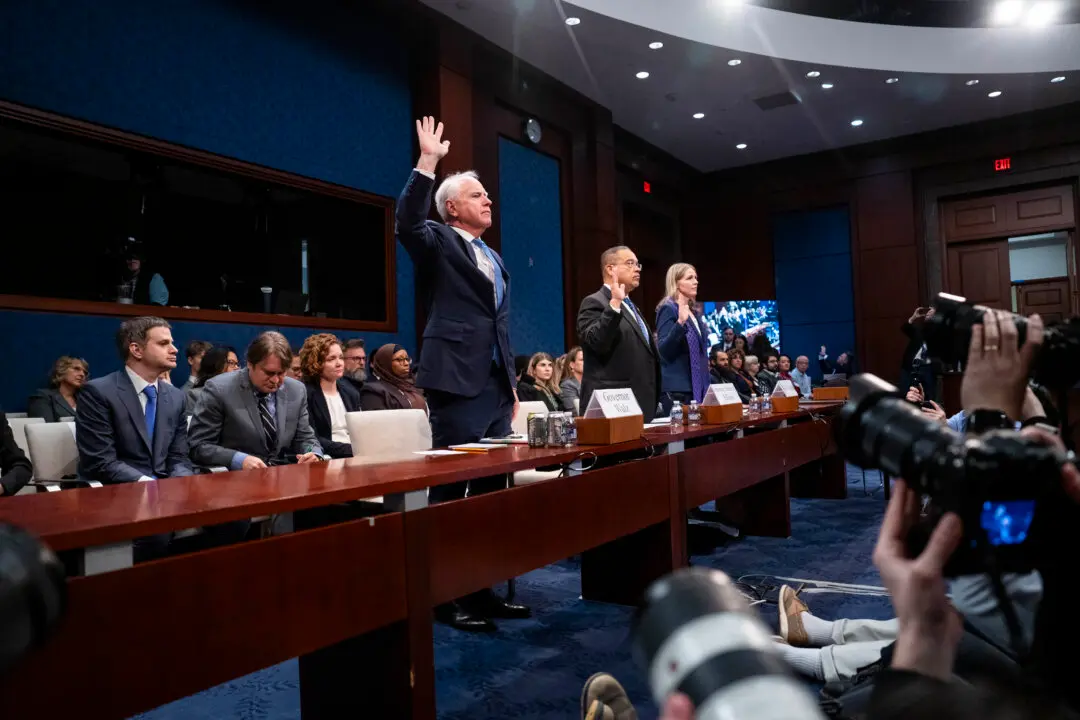State attorneys general from Tennessee, Kansas, and 11 other states put 100 of America’s largest corporations on notice that, following the Supreme Court decision against racial discrimination at Harvard and the University of North Carolina, private companies would be held to the same standard.
In a July 13 letter to CEOs of Fortune 100 companies, the AGs wrote that “the Supreme Court’s recent decision should place every employer and contractor on notice of the illegality of racial quotas and race-based preferences in employment and contracting practices.





